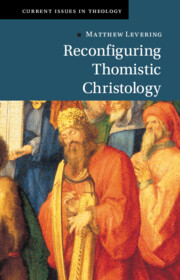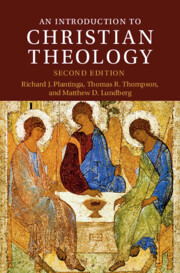The article constructs the emergence of environmental ethics and eco-theology, referring to ecumenical discussions and influences. It then focuses on the difference between two types of eco-theology: one that may be called eco-centric, the other theo-centric. Following the second model and rooted in Karl Barth's approach to creation theology, the argument is put forward that a dogmatic approach today has to be based on the concept of ‘creatio ex nihilo’. Creation is not a commodity but utterly dependent on God's ongoing creative speech-act. A revision of the doctrine of election focuses on creation in a Trinitarian perspective. Creation is an eschatological and soteriological category that is grounded biblically in the post-exilic hope for a new creation. As a promise, it is a critique of all utopic and dystopic claims in human history. This has two consequences. First, the need to regain a realistic concept of the political that allows for conflicting aims and that challenges the concept of dominion. And second, to regain a realistic approach to ‘nature’ that defines the ethical concern as ‘habitability’. The fundamental challenge is to live in a disenchanted world while waiting for the world to come. This tension is enacted in the Eucharist.



